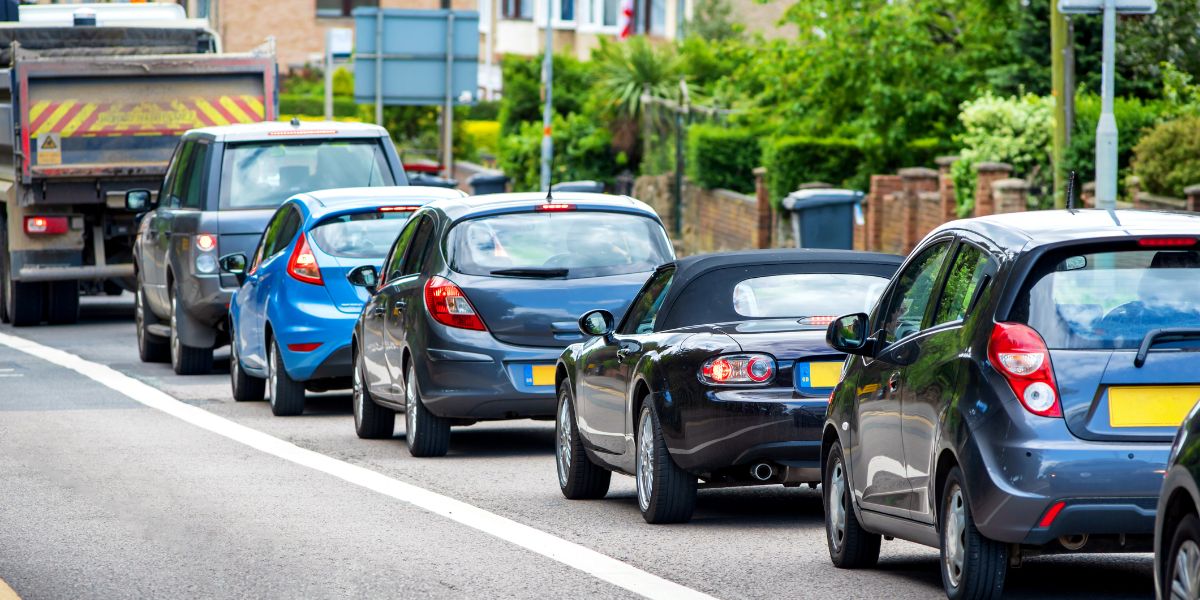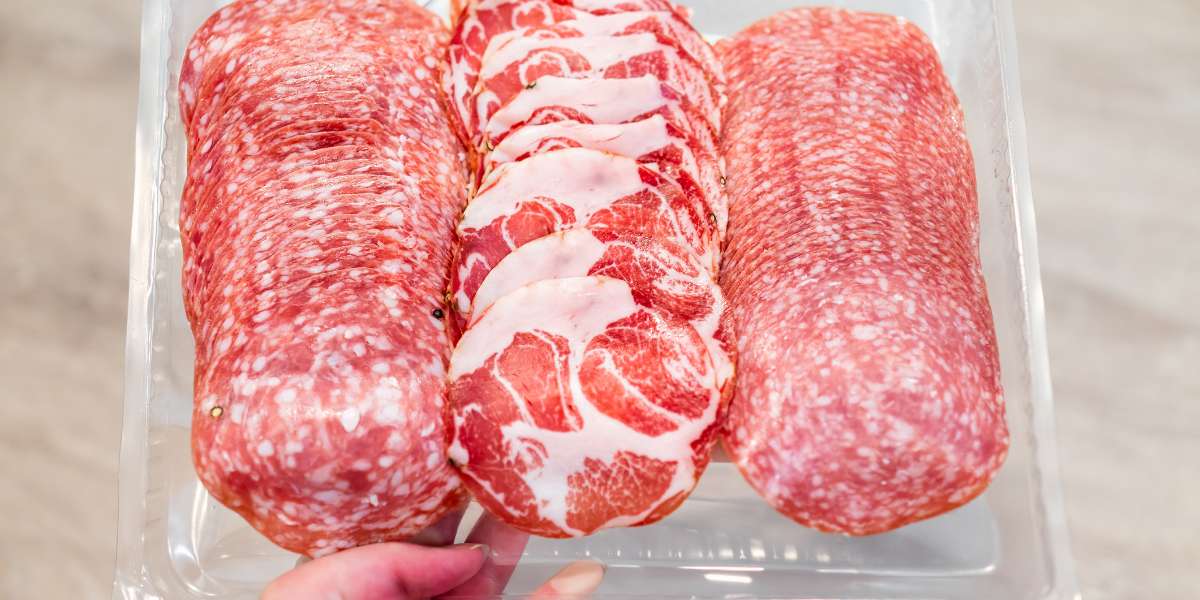People living near a busy road are more at risk of developing high blood pressure compared to those living in quieter neighbourhoods, latest research claims.
A new study has discovered that beeping horns, emergency sirens and vehicle engines are associated with high blood pressure.
Main author Professor Jing Huang said: “We were a little surprised that the association between road traffic noise and hypertension was robust even after adjustment for air pollution.”
- Ozone pollution linked to increased cardiovascular hospital admission risk
- Traffic pollution shown to impair brain function
During the experiment, the team of scientists assessed the health data of 240,000 middle-aged adults and compared it with where they live to see if there is a link between high blood pressure and living on a busy road.
They found that the people who could hear regular road traffic noise from their house were significantly more at risk of developing hypertension than those living in a quieter area.
In addition, they discovered that individuals frequently exposed to air pollution are also at higher risk of developing hypertension.
Professor Huang noted: “Road traffic noise and traffic-related air pollution coexist around us. It is essential to explore the independent effects of road traffic noise, rather than the total environment.
“The findings can support public health measures because they confirm that exposure to road traffic noise is harmful to our blood pressure.”
- Major study shows exposure to air pollution puts people at greater risk of multiple health conditions
- Climate change and air pollution could worsen neurological conditions
Fellow researcher Jiandong Zhang said: “To date, this is the first large-sized prospective study directly addressing the effect of road traffic noise on the incidence of newly-diagnosed hypertension.
“The data demonstrated in this article provides a higher quality of evidence to justify the potential to modify road traffic noise and air pollution from both individual and societal levels in improving cardiovascular health.”
Read the full study in the journal JACC: Advances.




